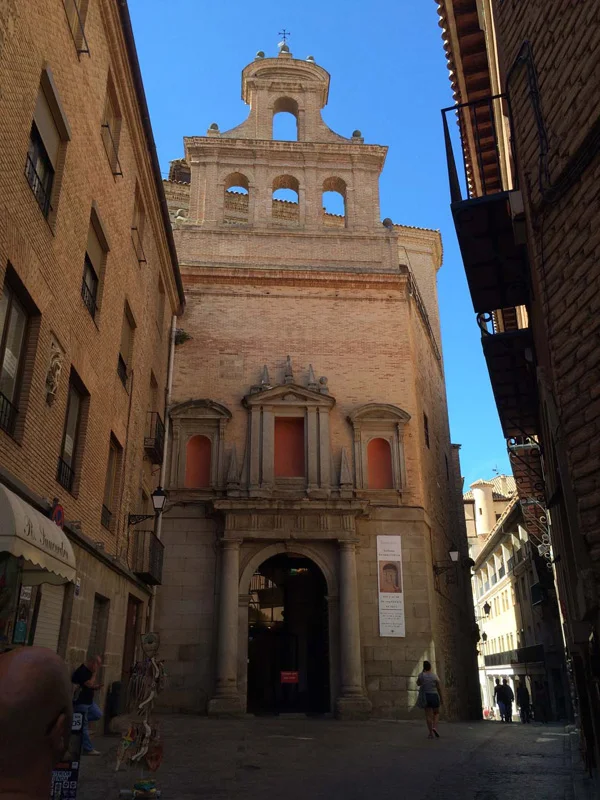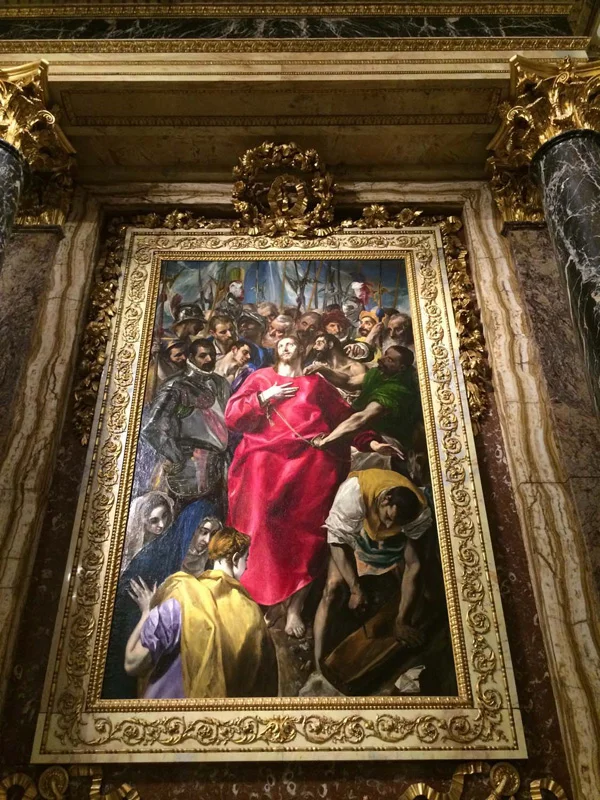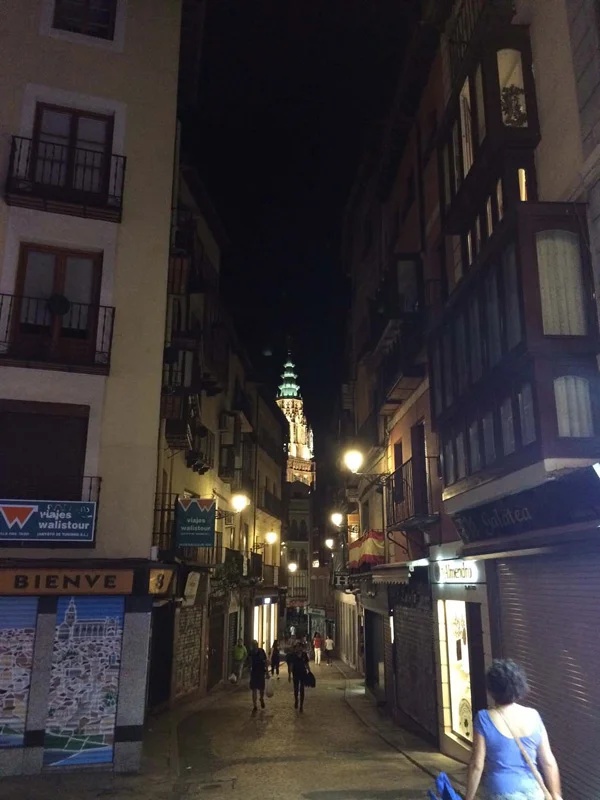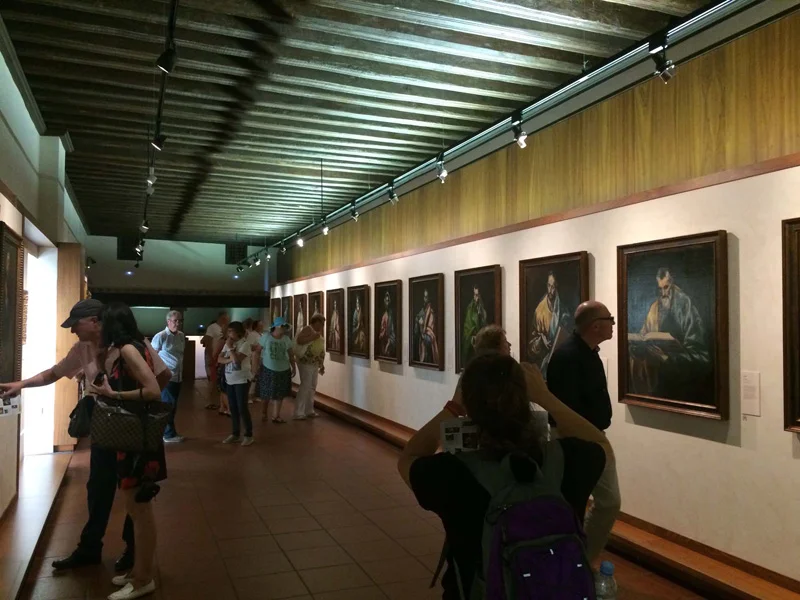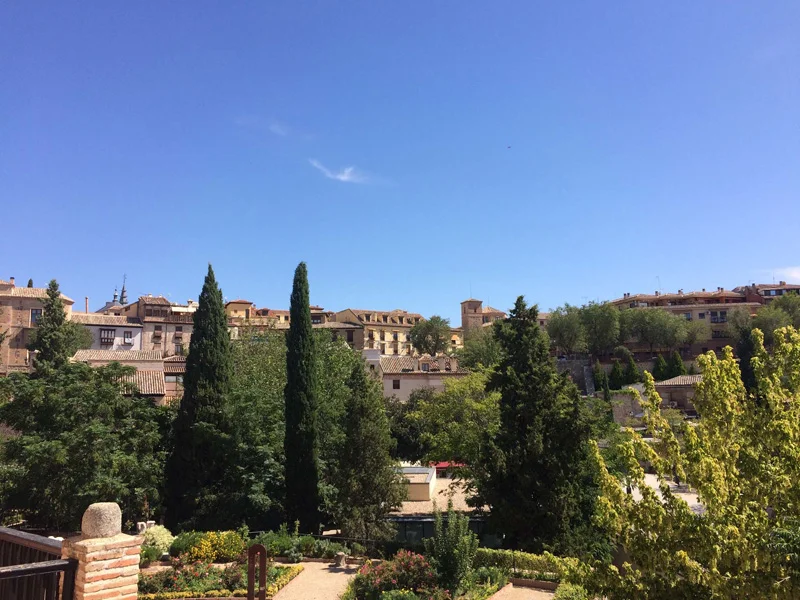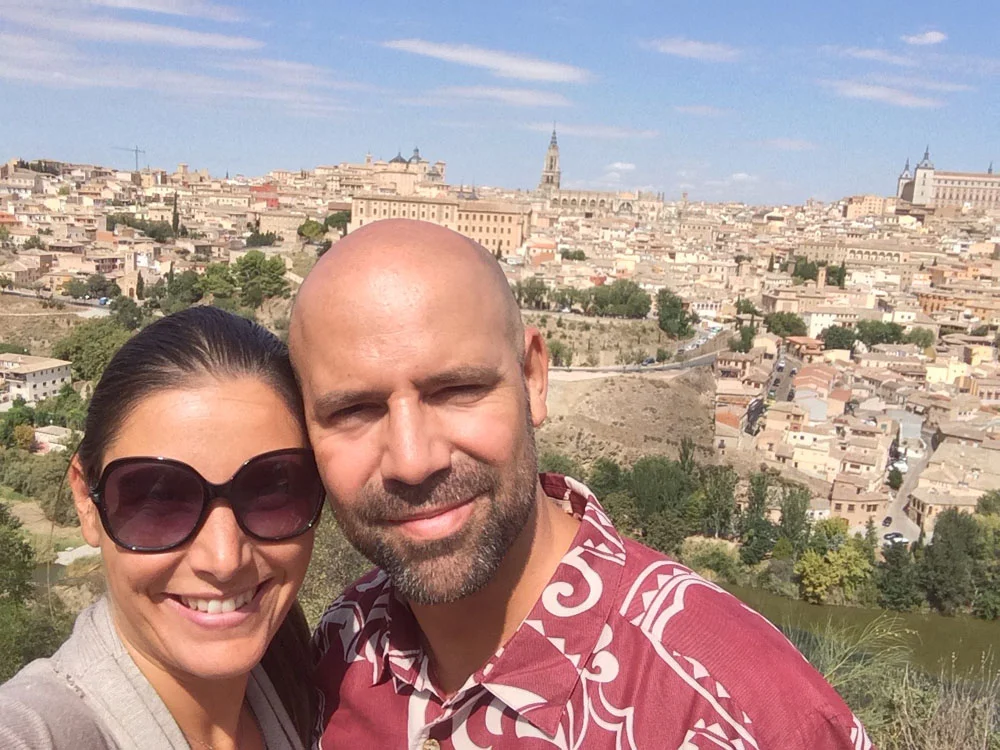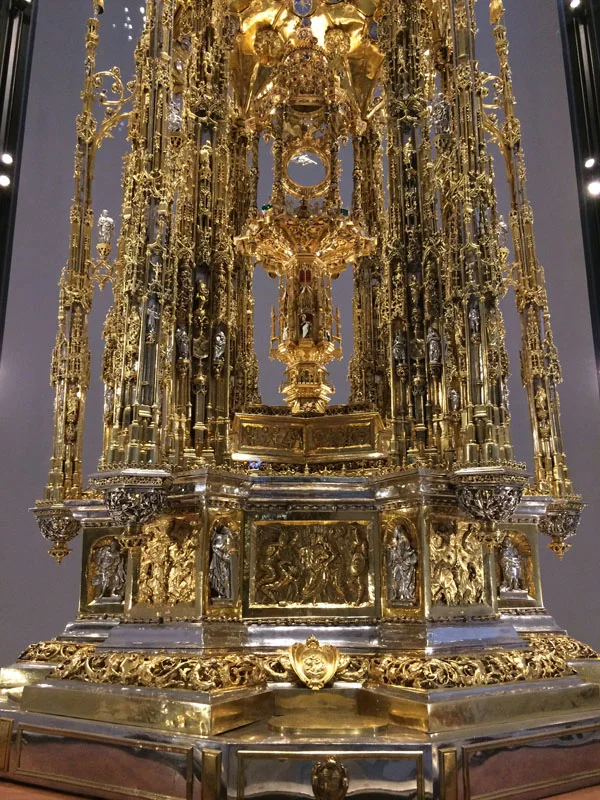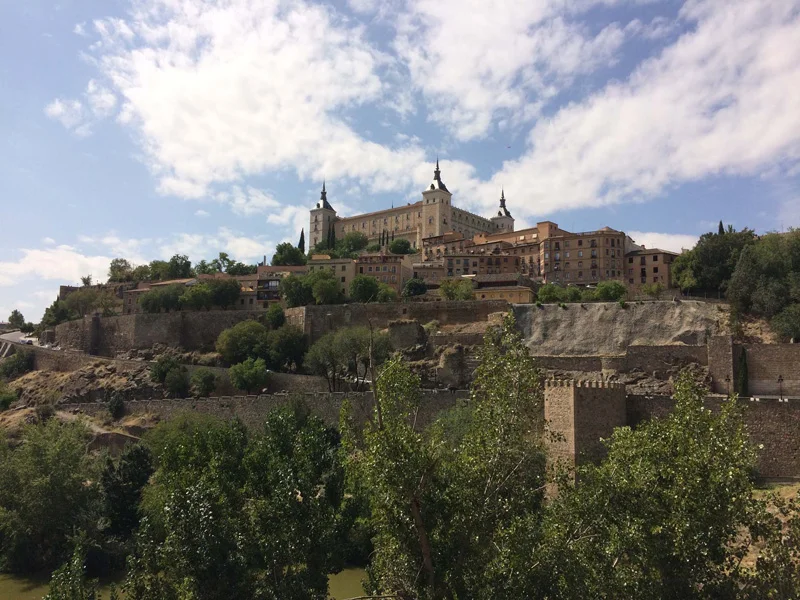Toledo
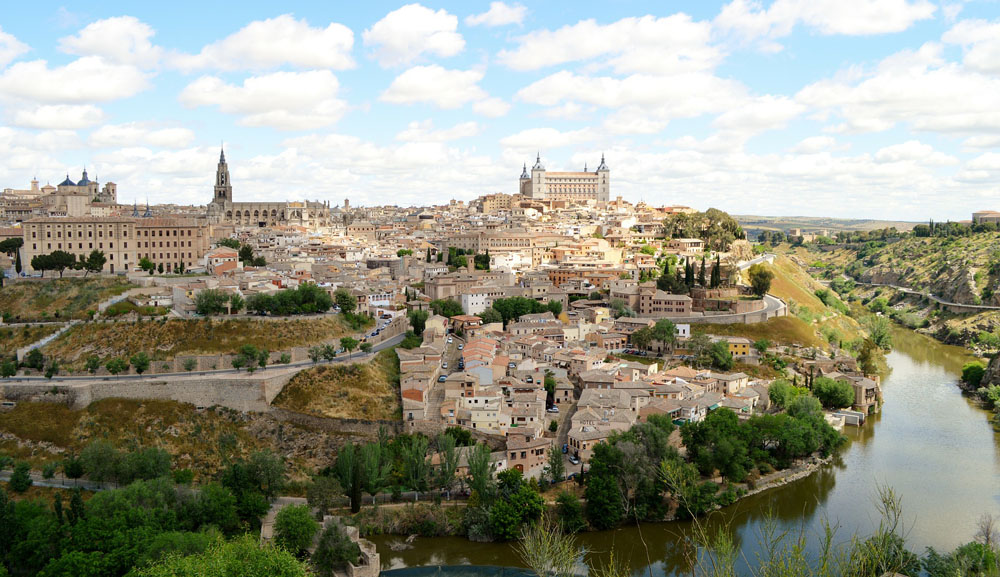
EXPLORE the Casco Historico
SEE the view from the Mirador del Valle
JULIO
Toledo is a historical Spanish city with equal parts Visigothic, Catholic, Hebrew and Muslim influence. It is usually a day trip from Madrid, however we stayed a few days and explored all the El Greco, historical atmospheres and plethora of historical sites. With a rich and diverse history and having been the ancient Visigothic capital from 542 to 725 Toledo holds within its gates its massive cathedral, Zocodover (central market), synagogues, mosques and monasteries.
It was all a little dizzying after a while and the tourist culture in Toledo makes it a little tiresome and feel produced in comparison to other parts of Spain. This was all punctuated by the final prize of winning the travel lottery by getting horrendously feasted on by bed bugs at the four star hotel we stayed at. Not fun at all.
The views and scenic beauty of the city were something to remember and any history buff will revel in the rich past and numerous museums ranging from the crusades, inquisition, art, Judaica, history and best of all the Museum of Queso Manchego.
El Greco spent his later life in Toledo and his influence is felt all over the city.
A fine assemblage of paintings in the old home of "the Greek"
The Repentant Peter by El Greco
Inside the grand cathedral
Stunning views of the walled city form across the moat
FOOD FACTS: Although it is historically said to originate in the Arab region, Toledo is proudly referred to as the birthplace of Marzapan. In the Spanish version of history it was invented by nuns of the Convent of San Clemente in Toledo. After the Battle of las Navas de Tolosa, where several of the would be Spanish kingdoms fought the Muslims, as an attempt to reconquer the occupied territory, there was a terrible famine in Castile. At the time there was no wheat stored in the city, but there was plenty of sugar and almonds and the nuns fed a paste made with these two ingredients, and perhaps some others, to the undernourished people of the city.






